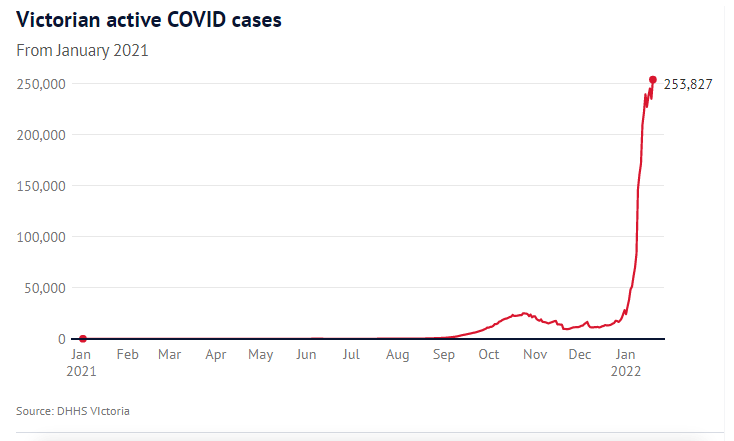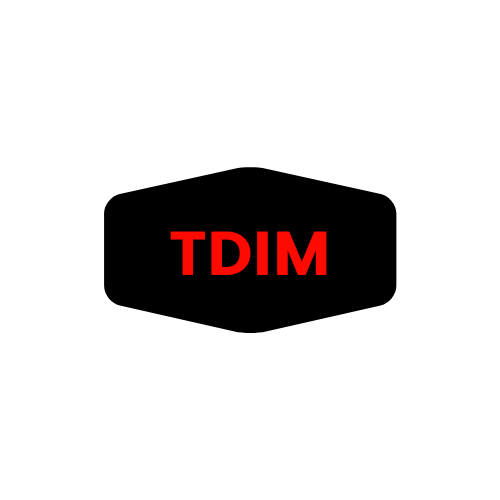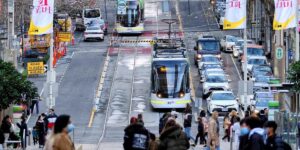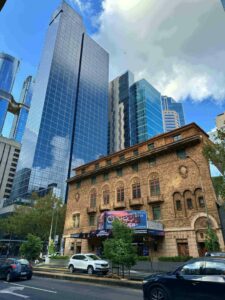In This Article
With little help from the state or federal governments, the newest wave of COVID-19 is placing pressure on small companies in Melbourne’s CBD, with one claiming revenues are equivalent to or even lower than lockdown levels.
Office workers have been encouraged to continue working from home as COVID-19 instances and hospitalizations rise. The typical shoppers and day-trippers have also stayed at home, either because of the isolation regulations or to avoid illness.
Rapid antigen tests, which are in low supply, are also required by businesses. Hundreds of millions have been ordered by state and federal governments, but the majority have yet to arrive.
Georgia Mackie, proprietor of Seedling Cafe in Flinders Lane, told SmartCompany that this means CBD companies are under “unofficial lockdown.”
There are no government support funds coming in this time, either.
Plenty of other issues have converged in the CBD.

Tim Piper, the Victorian director of the Australian Industry Group, said the Omicron’s “double whammy” meant there was a case for further government help.
“here is a likelihood that businesses, particularly in areas like retail and hospitality, could find themselves in a real pickle, and that pickle is they are not getting supported by the government and also not getting the trade they need.”
The state administration remains confident that the Omicron wave would start to disperse in late January or early February, implying that the suffering will be brief. Mr Merlino stated that the administration was attempting to find a compromise between public safety and allowing companies to continue operating.
On Wednesday, he remarked, “I’ve got no announcements today, so I really can’t expand any further, we’ve put significant supports in place for businesses over the last two years of the pandemic, and what we’ve done is, again, strike the right balance between what are the public health settings to keep Victorians safe and what are the settings to make sure that we can keep the economy ticking along.”
“We need our government to come forward with solutions to rapidly assist,” Chrissie Maus, general manager of Chapel Street Precinct, which represents 2200 businesses, said. With more than one-third of the staff working in the Chapel Street area infected, “We are in the eye of a perfect storm: deferred payroll taxes and wage increases are kicking in now. Chapel Street Precinct is at a crisis point and needs government cash support.”
Wes Lambert, CEO of Restaurant & Catering Australia, said governments were locked in a “wait and see” mode.
“I know many state governments and certainly the federal government has told us time and time again of the billions and billions of dollars that have been spent in the past,” he told ABC Radio, “but we continue to say, ‘It’s today, it doesn’t matter what we’ve done in the past; we need help today and in the future.’”
The health and fitness sector’s troubles, according to Barrie Elvish, CEO of AUSActive, have been exacerbated by the fact that many individuals employed in the business have departed owing to the uncertainty of lockdowns.
He stated, “We have lost over half of our workforce, So replenishing that is going to be a short-term problem as we wait for new personal trainers that come through the VET sector or the university sector.




